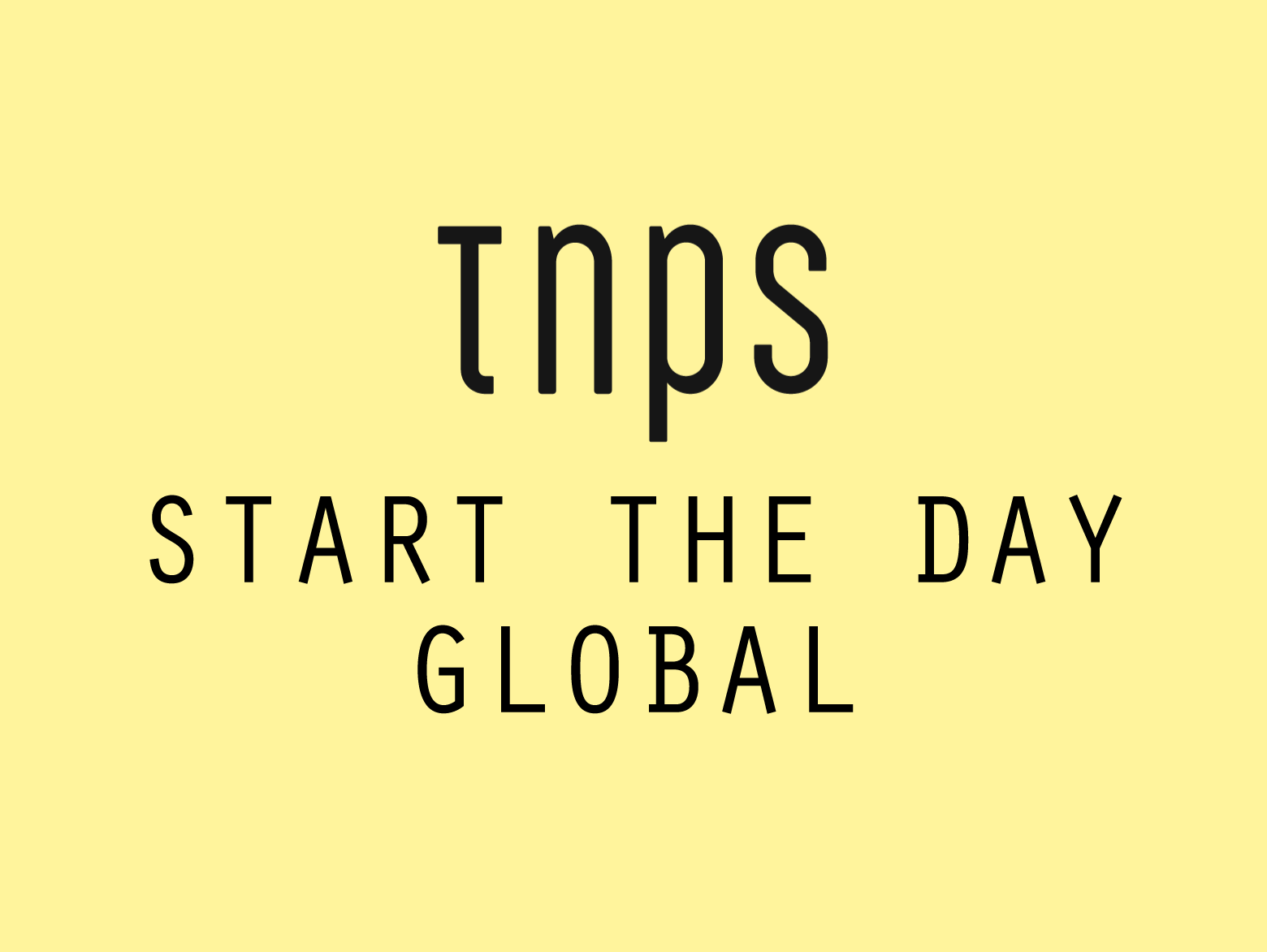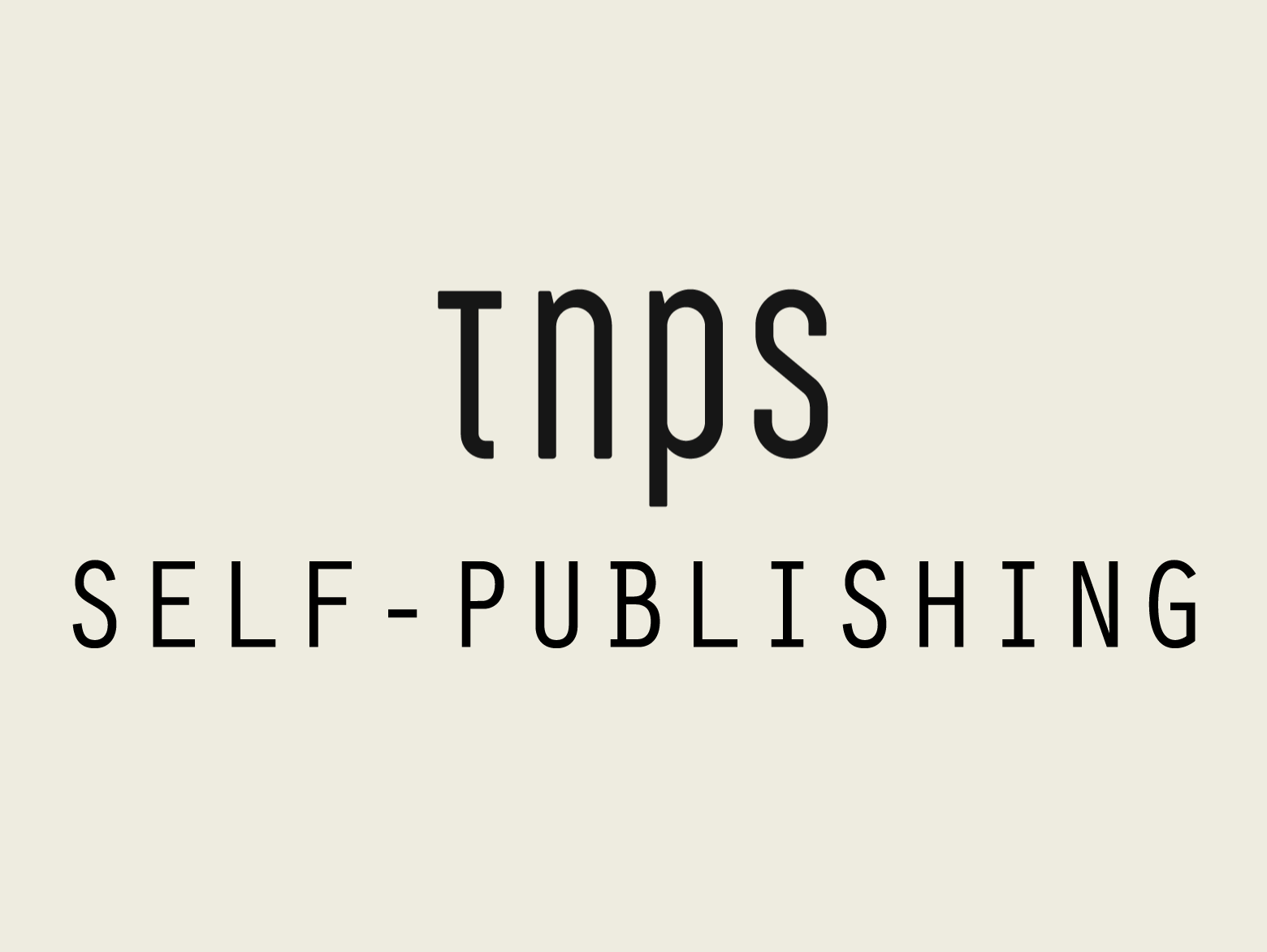As Barnes & Noble continues to struggle, management will be looking on enviously as its British counterpart, Waterstones, defies the odds to rebuild a national bookstore chain that not long ago seemed a hopeless cause.
As reported here last month, Waterstones is being lined up for re-sale.
Waterstone’s was rescued from near bankruptcy several years back by a Russian billionaire who handed day to day management to James Daunt and between the two of them they managed to turn Waterstone’s into a profitable bookstore chain again despite the rise of ebooks eating into print sales … Now Alexander Mamuk, the aforementioned billionaire currently mired in a financial mess in Russia, appears to be looking to sell Waterstone’s for £250m and move on.
Today The Bookseller reports that Waterstones, which already has 270 branded stores across the UK, is to open five more, in St Neots, Epsom, Deal in Kent, Weybridge and London’s Blackheath – all before Christmas.
In a further bold move by Waterstones’ MD James Daunt, only two stores – St. Neots and Epsom – will be branded as Waterstone’s stores, which will be a déjà vu moment for residents, as Waterstones previously had stores in these towns that were shuttered during the height of the company crisis.
The other three new stores, in a departure from the chain branding, will be bearing the names of the towns.
Deal, for example, is a small seaside resort on the south coast, with a population of just 31,000. Not that Waterstone’s isn’t to be seen in small towns, but the move here, calling this the Deal Bookshop rather than using the Waterstones branding, suggests to prospective customers an independent bookstore with a very localised ambience.
Similar sized stores, as in Llandudno, North Wales, for example, not only survive but are open seven days a week to meet demand.
But Daunt’s ambitions don’t end there. The Bookseller reports that Waterstones
plans to open more shops in 2018, with one in Reigate already signed up and with “several more in advanced negotiation.”
Says Daunt,
We have been quietly sticking to our bookselling knitting, making our existing bookshops nicer and now opening new ones at an increasing clip. This brings us up to 20 opened in the last few years, all of them successful and fine testament to the enduring appeal of bookshops.
How many will be Waterstone’s branded and how many localised is yet to be seen, but running “independent”-style bookstores with the infrastructure of Waterstone’s behind them seems like a smart move. Perhaps smarter than Barnes & Noble’s kitchen bookstores.
The big question is, could Daunt do for Barnes & Noble in the US what he has done for Waterstone’s in the UK?
It’s unlikely we’ll ever find that out as Daunt seems happy where he is.
And in any case the superficial similarities are more than balanced by the differences.
Barnes & Noble is losing money with Nook, on top of declining print sales – for which Amazon is invariably blamed. But hold that thought, because Amazon has an even stronger stranglehold on the UK ebook market than in the US, and is no lightweight in UK print sales.
And of course the USA is spread over a somewhat larger area, presenting logistical challenges on a scale Daunt doesn’t need to worry about.
But at the end of the day many independent bookstores in the US are doing well despite the rise of ebooks and the dominance of Amazon. Imagine what they could do if they had B&N’s economies of scale and negotiating power but were allowed to maintain their individuality.
That is what Daunt has done with the Waterstone’s stores, and clearly what he intends to expand on with the unbranded stores.
Barnes & Noble should be taking notes.





